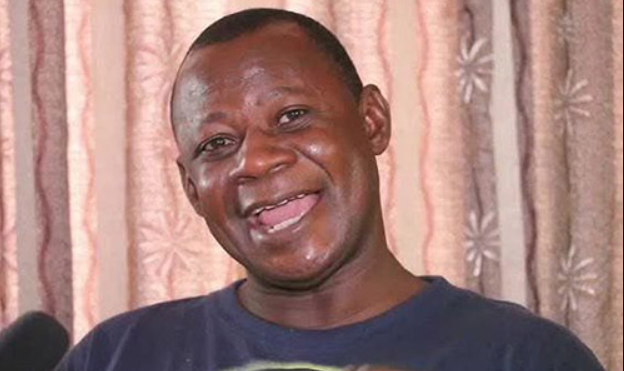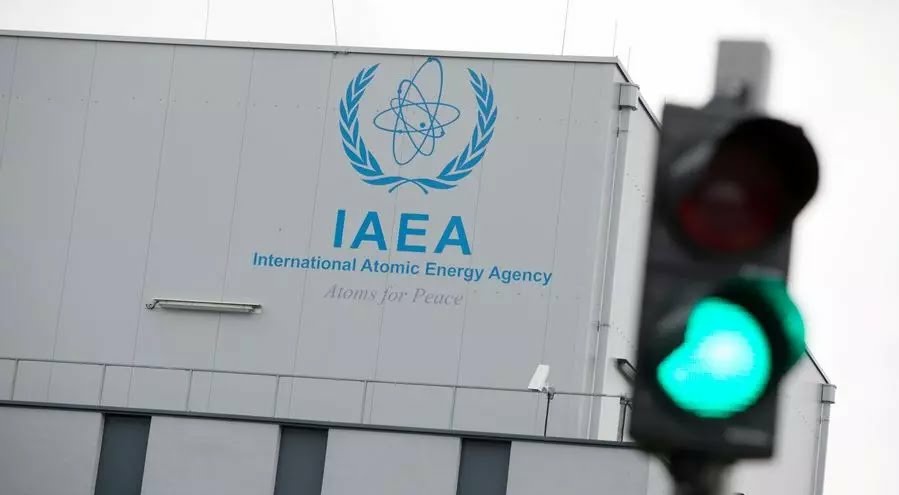Good morning, Mr President. I pay attention to four burning issues: the strike by the Academic Staff Union of Universities (ASUU); the United States’ accent to the genocide against Christians in Nigeria; your exercise of prerogative of mercy; and the passing of Comrade Abiodun Aremu, whom you know. The state of education and welfare of academics ought to be an open sore on the conscience of those historically placed at the helm of affairs of this country. Successive governments have failed this country. Mr President, make a difference.
What ASUU is asking for is increased funding of education and the harmonious functionality of the system. If you examine the September 1992 Agreement, for every demand made, ASUU provided a corresponding solution, particularly regarding how to source the funds. While the federal government is multiplying universities, and members of the National Assembly are jostling over location politics, they have never spared a moment to consider where the teaching staff will come from and their quality.
Contrary to the terms of the agreement, both the federal and state governments are imposing political loyalists as pro-chancellors and chairmen of governing councils, regardless of qualifications. For them, education is simply lip service. My former teacher dubbed the FGN-ASUU crisis an endless negotiation binge. The agreement was struck in September 1992 and was subsequently followed by a series of negotiations and a memorandum of action.
Yet the government has refused to meet ASUU halfway. Mr President, to restate the point earlier made above, make the difference, be the Papa Awolowo of our time on the issue of education.
Mr President, enemies of our country want to live a lie by denying that there is genocide against Christians. Before Senator Ted Cruz made a push in Congress, the British Parliament had debated the matter a few years ago, and it is recorded in the Hansard. I don’t live on the moon, I can sadly tell you that there is genocide against Christians. However, because of the sectarian nature of the Islamists in Nigeria, Muslims and everyone else are caught in the crossfire, thereby blunting a purely Christian victims’ narrative. In the Middle Belt, there is a pattern to the killings without ambiguity.
Do we need to be convinced that the Fulani terrorists who attack communities in the Plateau, occupy the victims’ abode, and rename streets are not on an ethnic cleansing binge? Maybe, until we all find ourselves in dishonourable graves.
It is a self-confessed truth that terrorists were brought into this country and given crash training in the handling of weapons at the Nigerian Military Depot in Zaria and deployed against the unsuspecting population. Quite frankly, what should bother us about the action of the Americans is their latent function, put differently, the ulterior motive.
Al-Qaeda was their creation and can be traced back to Egypt in the 1920s and, recently, in Afghanistan. The same forces have been leveraged in the crisis in the Middle East. It was always the harbinger of putting a boot on the ground. Nigerians, be wise, let us settle our differences peacefully to avoid the foreseeable Armageddon.
Mr President, a further exposition on the security situation in Nigeria is important here. The country’s security situation is now complex, but we can discern the lines on the canvas. We see external forces at play. Some out to exploit our precious metals. Others are out to expand their religious spheres of influence. The Hausa people, suppressed for more than two centuries for being good hosts, are reclaiming their sovereignty. France, China, Qatar, Turkey, and Saudi Arabia have been fingered. Although the United States has not been openly mentioned yet, there are clues in that direction. Mr President, beware.
Section 175 (i) (a) (b) (c) (d) of the 1999 Constitution (as altered) on the exercise of the prerogative of mercy states thus: “The president may- (a) grant any person concerned with or convicted of any offence created by an Act of the National Assembly, a pardon, either free or subject to lawful conditions; (b) grant to any person a respite, either for an indefinite or for a specified period, of the execution of any punishments imposed on that person for such an offence; (c) substitute a less severe form of punishment for any punishment imposed on that person for such an offence; or (d) remit the whole or any part of any punishment imposed on that person for such an offence or of any penalty or forfeiture otherwise due to the State of account of such an offence.”
Mr President, the exercise of authority requires utmost discretion beyond the consultation of the Council of State. Many a critique has called into question the justification for the state pardon of persons on your pardoned list. I agree that the list is a mixed-bag of the good, bad, and the ugly.
Above all, the inclusion of Herbert Macaulay, the man who founded the first political party in Nigeria in 1923, was a disservice to honour. Mr President, I found the comments of Comrade Mahmud Aminu an appropriate response. They are as follows: “If nothing legitimises theft, then this gesture raises unsettling questions about the moral logic of power and the sanctity of justice in our republic…Yet, beyond the moral disquiet lies a deeper constitutional absurdity. Presidential amnesty, under Section 175(i) (a) of the 1999 Constitution, extends only to offences created by an Act of the National Assembly. Macaulay’s conviction, however, was handed down by a colonial court in the Colony of Lagos in 1913, applying the laws of the British Crown at a time when Nigeria did not exist as a sovereign entity…
“The legal reality is straightforward: Herbert Macaulay was sentenced under imperial authority, and only that authority – the British Crown – could, in principle, issue a posthumous pardon. Nigeria, at independence in 1960, did not succeed to the Crown’s prerogative of mercy or to its jurisdiction over pre-independence convictions. Even Section 317 of the Constitution doesn’t apply to pre-1960 acts…He was not tried by a court established under any Nigerian constitution, and so Section 175 simply does not apply…
“To that extent, this so-called pardon is legally untenable, constitutionally void, and historically incoherent. It blurs the line between sovereignty and sentiment, and turns what should be a solemn constitutional power into a theatrical gesture aimed at rewriting history rather than respecting it.”
Comrade Abiodun Aremu, a consistent and ever-present voice in the civil society, was killed by a hit-and-run vehicle on Sunday evening, 12th October, on the Lagos-Abeokuta expressway, in the Ijako area, less than a kilometer from his abode. Abiodun Aremu, popularly called Aremson, was one of our finest comrades who devoted his time to the building of cadres for our respectable future free from neocolonial proxies, religious merchants, violence entrepreneurs, and bashers of our commonwealth.
The role he played in the struggle against military rule is unquantifiable. As we mourn our dear friend with whom I fought battles, are we going to find the killer? The buck stops at your table.
Prof. Akhaine is with the Department of
Political Science, Lagos State University.






